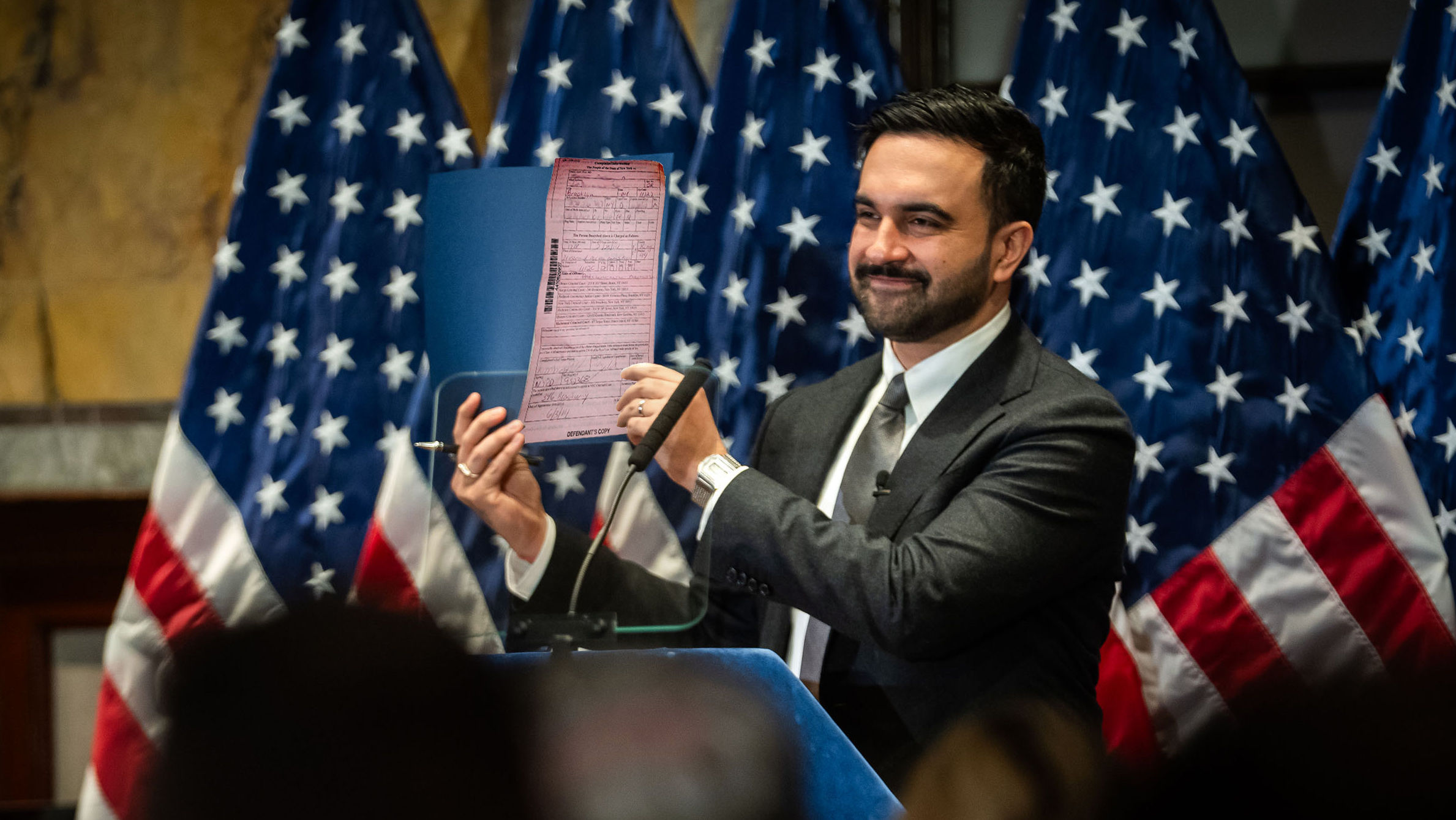 The state and city spend about 58 times more per student on yellow school buses than what's on the table for student MetroCards. Image: manyhighways via Flickr.
The state and city spend about 58 times more per student on yellow school buses than what's on the table for student MetroCards. Image: manyhighways via Flickr.A new round of MTA Board hearings gets started this week, and the biggest flashpoint is sure to be the student MetroCard program. New York City school children depend on free and reduced fares, especially since education reforms have led more students to attend schools farther from home. Yet the state has withdrawn funding for the program and the city has allowed its contribution to remain flat since 1995.
Predictably, when the MTA said it could no longer afford to provide student transport at a big discount, legislators like Westchester's Richard Brodsky were quick to deflect blame. Maybe they've never considered just how big a bargain they get by funding student fares.
Because the truth is, public spending on yellow school buses dwarfs what the state and city contribute to student MetroCards. School bus transportation is run by the city's Department of Education, which gets about 30 percent of its funding from the state.
With a budget of a little more than $1 billion, the DOE's Office of Pupil
Transportation moves around 140,000 students, according to a department rep.
On average, that's more than $7,000 per student.
Then there's the MTA, which transports about 585,000 students through its free and discounted fare program. With City Hall's contribution to student MetroCards holding steady at $45 million and Albany offering to put in only $25 million, the city and state are collectively willing to spend less than $120 per student on transit to school.
The comparison is not quite apples-to-apples, since the two modes serve different populations of students. In particular, 40 percent of school bus transport serves special education students who receive door-to-door service. Even so, the disparity is enormous. The state and city spend 58 times more per pupil on yellow buses than they would spend under the current proposal to fund student MetroCards. Perhaps those politicians who consistently preface "MTA" with "wasteful and bloated" ought to find a new target.
Now contrast our current policy on student transport to Boston's. The Boston public school system pays $3.2 million out of the city budget for the 13,000 high schoolers who take transit to school. That comes to $250 per student, more than twice what New York City students receive from the state and city.
It's also a huge bargain compared to yellow buses. Boston pays $2,300 a head to transport kids on school buses. (About $74 million for 32,000 students,
according to a BPS spokesperson.) Again, while it's not a perfect comparison, the difference is a factor of 10.
Where possible, it seems, a transit pass is far and away the best bang for your student transportation buck. So while the MTA likes to claim that it is New York's yellow school bus, that's only half true. The MTA is the yellow school bus that New York can afford.





